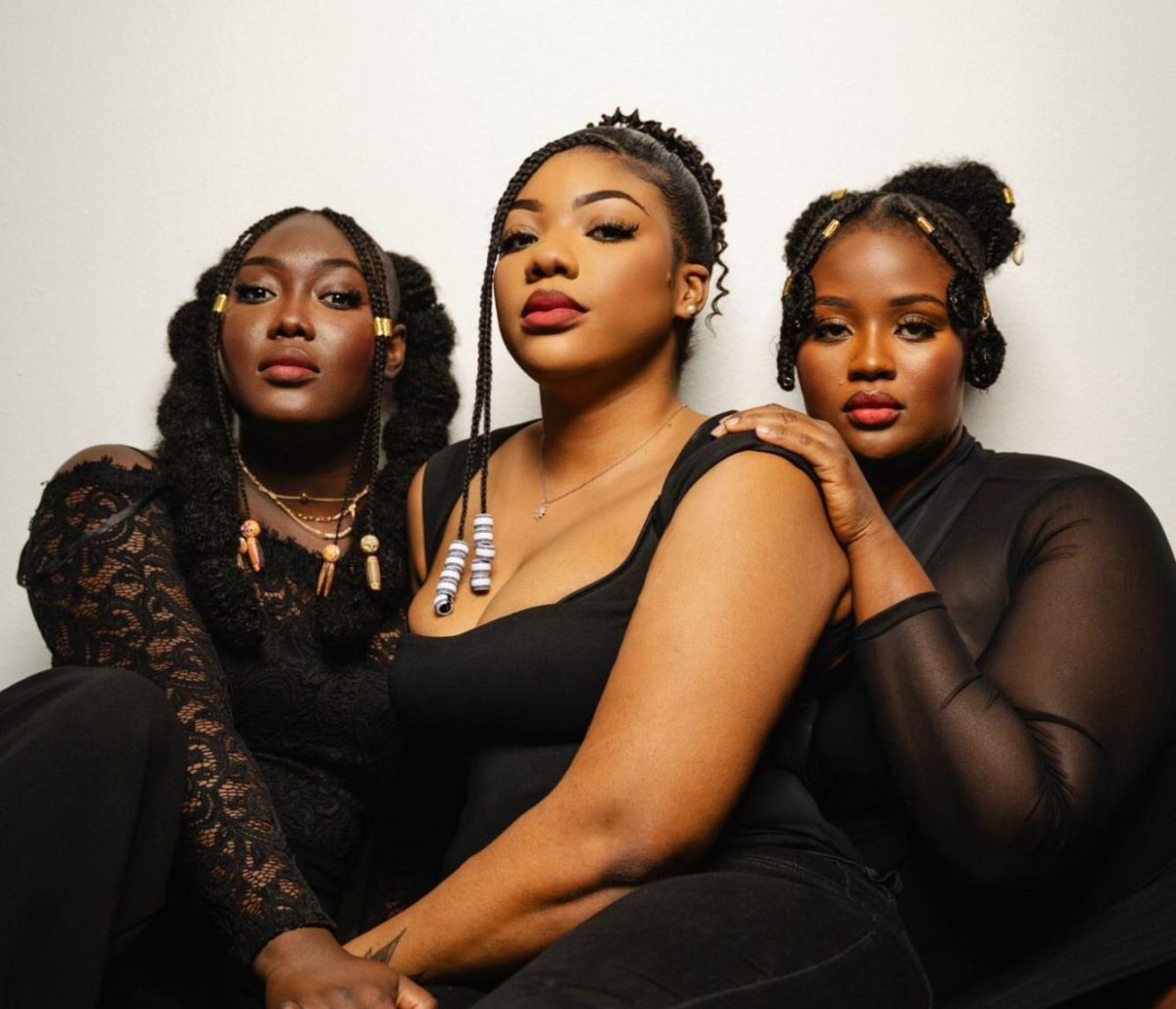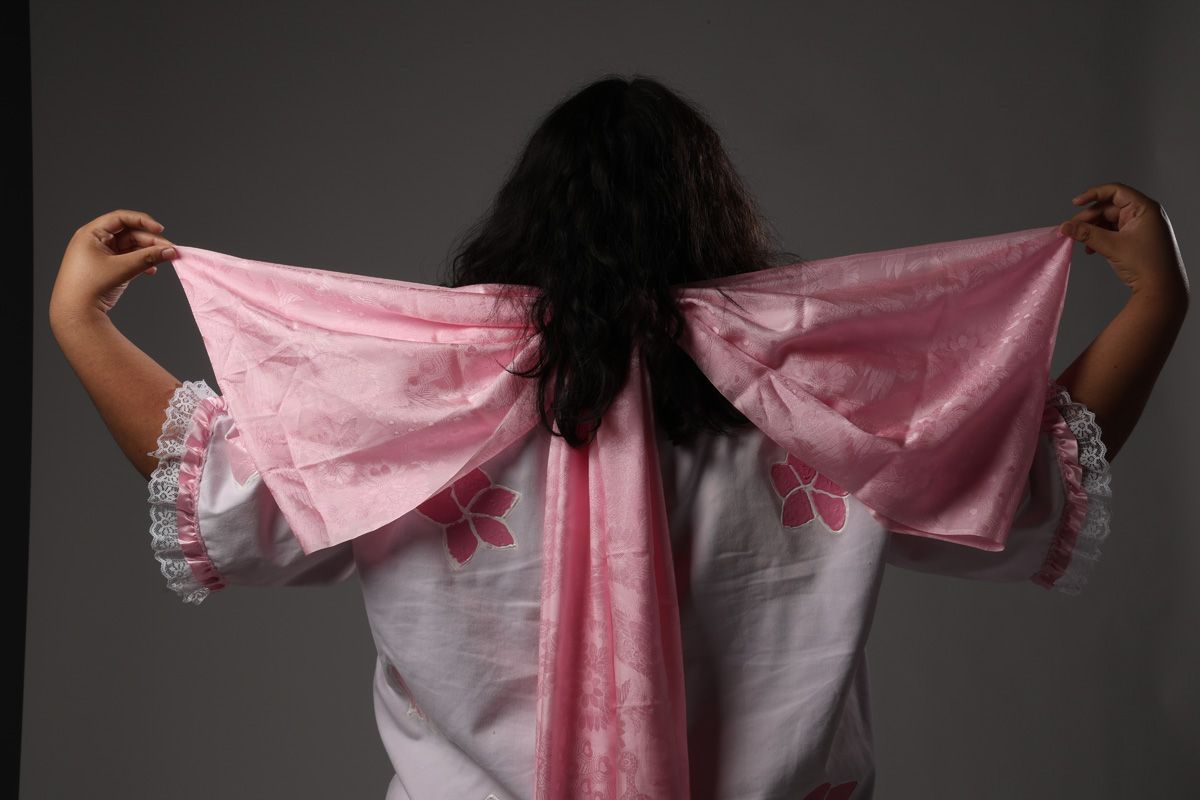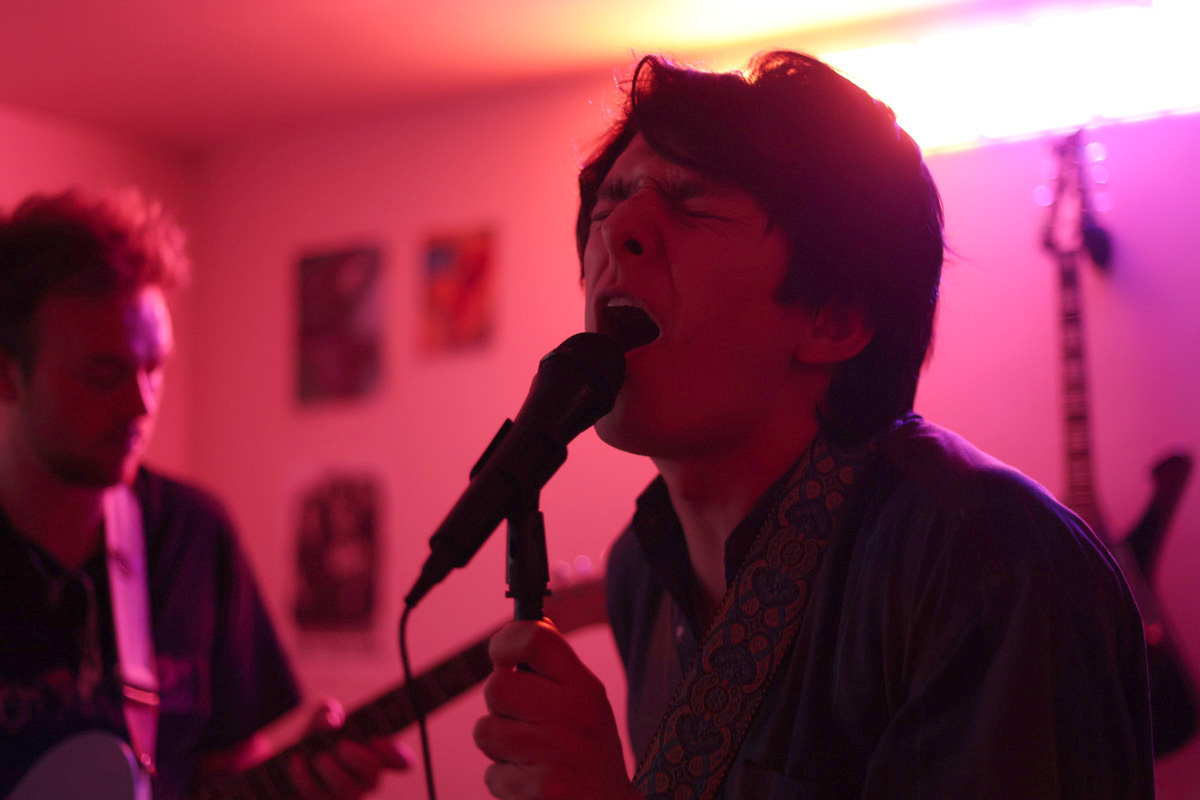
For a soccer player, the field is their safe place. It is where they go to blow off steam and forget about the real world for any amount of time possible. There have been tears left in the grass, blood dripped onto jerseys, and scars both visible and unseen that will remain forever. For any athlete, their arena is their heaven on earth.
This is not always the case for openly gay athletes. Although sports have been slowly progressing with the first openly gay athlete playing in the NBA this year, gay athletes still face harsher scrutiny when on the field or court. From college sports to professional sports, the level of acceptance varies.
The NFL is close to having its first openly gay athlete in defensive end Michael Sam. After coming out, he was the drafted by the St. Louis Rams in the seventh round and we all assumed we had made a huge leap forward; a gay man in the NFL. But that victory celebration was stopped short when the team cut him and signed a different player. Sam was then picked up by the Dallas cowboys only to face the same letdown.
San Francisco in general is one of the most accepting cities for gays and lesbians, with that attitude also present on the field. In particular, gay athletes at SF State say they feel supported even though it sometimes can be difficult to relate to heterosexual teammates.
Kaitlin Dick, a kinesiology major and member of the women’s soccer team at SF State, came out in her junior year and had only positive reactions from her teammates. She says that by the time she told her teammates, they already had a pretty good idea and treated it like a normal thing.
Sports provide both gay and straight athletes with a safe haven to express themselves and feel like they fit in. “Once you’re on the field, none of it matters,” says Dick. “Gay, straight, bi, everyone is out there to play and I never felt like I was at a disadvantage because I was gay.”
Homosexuality is often tough to accept and learn to deal with no matter what you do in your free time. But when you are an athlete, there are certain expectations that inevitably fall upon you.
For males, those expectations are to be “manly” and “tough.” But these words are defined by the sports world only by demeanor and muscle strength. Male athletes are expected to carry themselves with confidence and be able to get any girl they want. If they do not do these things, they are called “fags” or “gay.” The word “gay” in the sports world is used as an insult when someone is not meeting the expectations that have traditionally fell upon male athletes.
For female athletes, the expectations are almost polar opposite from male athletes. Females are expected to maintain a slim and petite build and not get too bulky. If they are muscular and drink protein shakes like the guys then they run the risk of being called “butch.”
The National Collegiate Athletics Association (NCAA) has started to focus on LGBT inclusion, but it has no power to enforce sanctions over homophobic behavior. Athletes are left with two choices, go through the schools administrative process or take legal action.
The heteronormative gender bias beliefs that accompany each sexuality are a consequence of a society that, for generations, has feared homosexuality and done what they can to keep it out of mainstream things such as sports.
Reports have shown that certain colleges will ask players things such as, “do you have a girlfriend” or “do you date a lot,” when they are in the recruiting process. These players openly stated that they felt the coaches were trying to get a feel for their sexual orientation before they offered them a spot on their team.
The reality of it is, sexuality does not determine an individual’s skill level and sports are a scoring of those skills.
“I believe that I am successful in my sport because I work my ass off,” says *Michael, an athlete at SF State. “I am gay, yes. But that doesn’t make me good at sports and I don’t believe that I would be more athletic had I been born straight.”
Coaches at SF State say that they try to be aware of players sexuality while not paying much attention to it. They say it is a useful thing to know so you can keep an eye out for any unfair treatment but it is not something they want to draw attention to. They need their team to play their best, no matter the sexual preferences of the players.
*Michael says that being part his sports team gives him access to a unique group of friends. Because everyone on the team already has something very important to them in common — the sport — it is easy for him to find something to talk about with them other than girls. This is important to all individuals but especially gay athletes because they create a close bond with teammates that help them through the judgment of other people who do not understand them.
“I know that without athletics, I wouldn’t have had access to the group of accepting friends that I did,” says Dick. “Coming out to them and having them not make a big deal out of it gave me the confidence I needed to come out to my parents and be okay with whatever reaction they had.”
It has been a rollercoaster for Sam, his family, and all those who await the day they see a gay man competing in the NFL, and all other sports, but the next peak is anxiously being awaited by all who know how difficult a road it is to be a gay athlete at any level.







